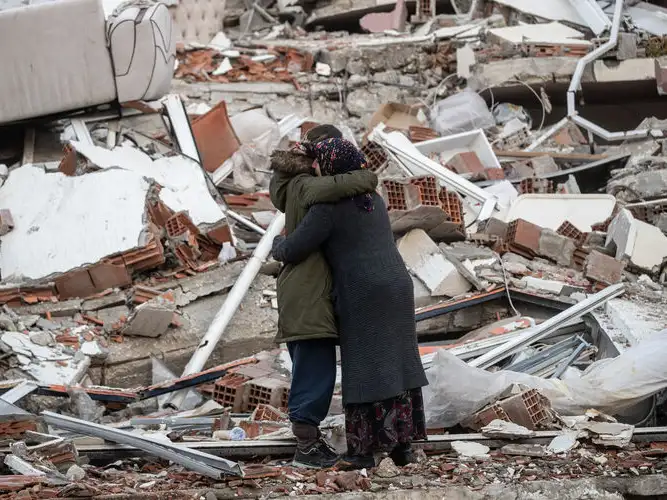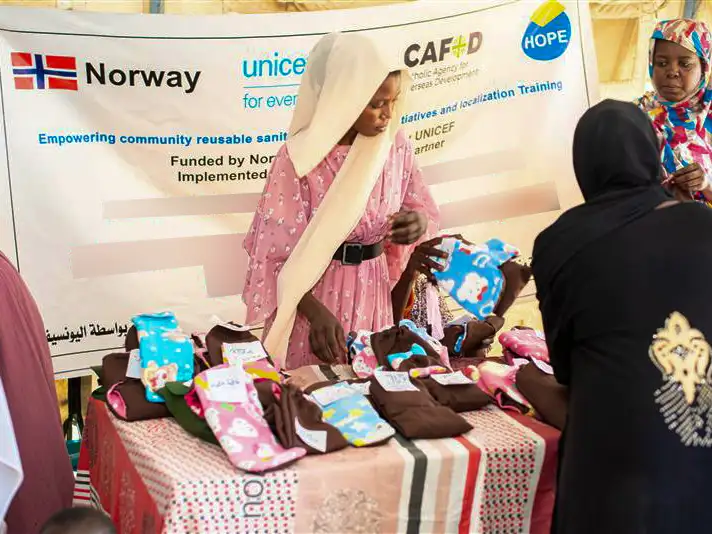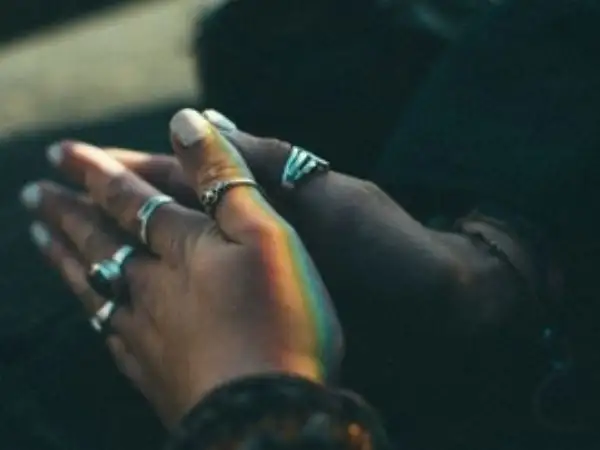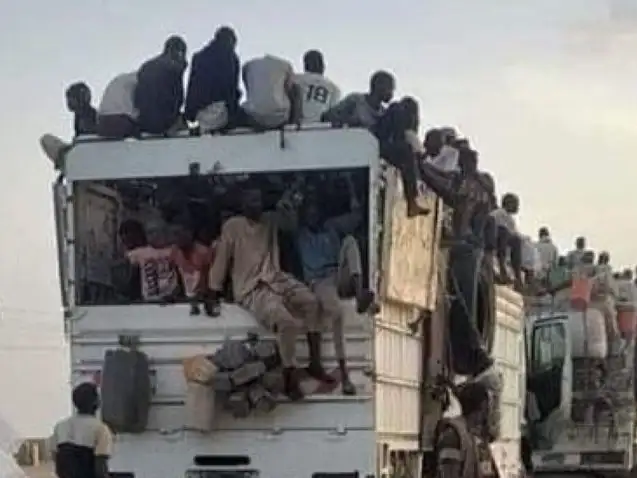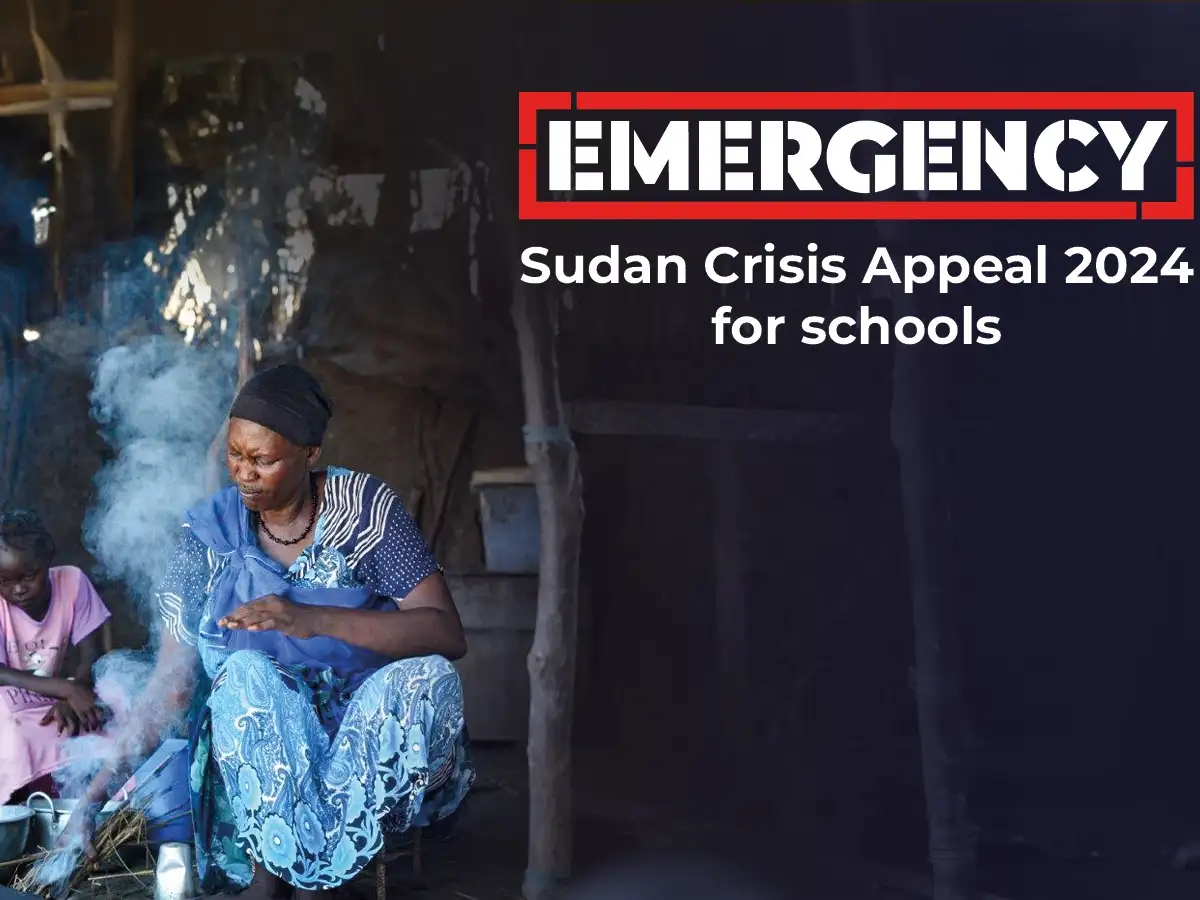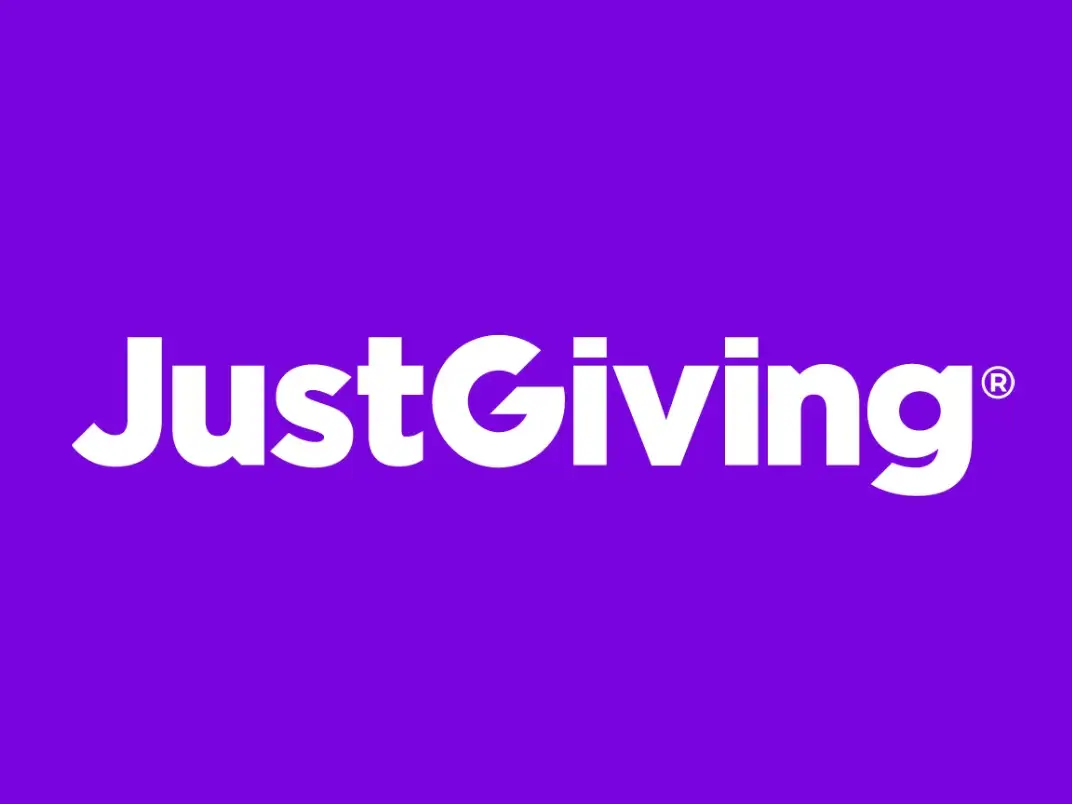Your donations will help reach vulnerable people fleeing war, poverty and natural disasters.
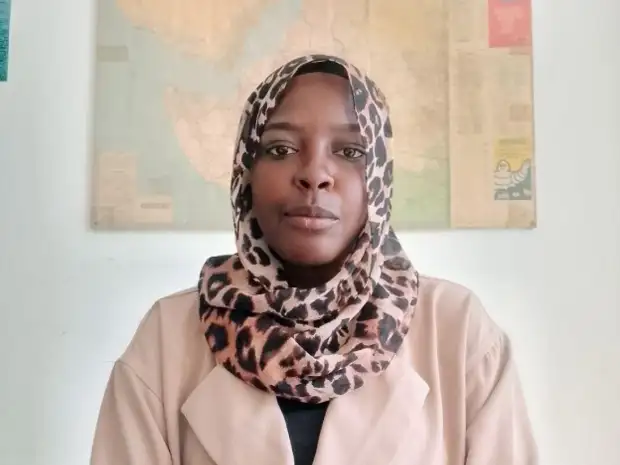

Fatima Salih
Fatima Salih works for CAFOD in Sudan, where one of the most devastating conflicts in the world continues to tear lives apart. She shares her experience as one of the many humanitarian workers who, in the face of violence, choose to spread love.
I have been working in humanitarian response in Sudan since 2018. My experience in humanitarian work is grounded in pain, proximity and purpose.
Over these past years of war, I have lived through the same conditions as the people we serve. I know first-hand what it means to lose safety, stability and the simple sense of normal life.
This is not just work for me, it’s personal.
Healing must go beyond the clinic – it must touch the soul
Before I joined CAFOD, I was a nurse. Working in Sudan as a nurse during this conflict meant I often met women and children who were not just physically unwell, but emotionally shattered. Many were survivors of displacement, violence or sexual abuse. These encounters changed my path. It helped me understand that healing must go beyond the clinic - it must touch the soul, protect the vulnerable and uphold human dignity.
Today, I continue this mission with CAFOD, working with our partners to support displaced families and survivors. Every day I see how meaningful this work is. I’ve seen women smile again, children sleep without fear, and families rebuild their sense of safety. That is the real impact.
This is not just work for me, it’s personal
A devastating crisis
The war in Sudan has become one of the most devastating crises in the world. Communities have been displaced, homes abandoned and lives interrupted. In the midst of this suffering, CAFOD and our partners have stood in solidarity with the people, offering not just aid but also restoring hope and dignity.
When fighting intensified in Northern Kordofan in July 2024, more than 2,000 families had no choice but to flee. Their journey led them to Kosti, a bustling city already strained under the weight of previous waves of displacements. Many of the new arrivals came with nothing. With no camps or shelters available, they gathered in the city’s market area, sleeping under open skies, vulnerable to the scorching sun and heavy rains.
This war has shattered lives. But it has also revealed deep strength. I’ve seen people survive unimaginable loss with grace, neighbours feeding each other, and communities creating safe spaces in ruins.
First in, last out
It was in those early, uncertain days that CAFOD, through its local partners, became the first organisation to respond. As the city held its breath, with limited resources to offer the displaced families, CAFOD and our partners acted. The team began by providing hot meals as an immediate lifeline for people who hadn’t eaten in days.
People who had fled the fighting in Northern Kordofan were later relocated to an open space with tent shelters, but with no basic amenities needed for survival. Once again, CAFOD and our partners didn’t hesitate. CAFOD donations to our Sudan appeal, with the support of Caritas Internationalis and Act Alliance, helped our team and partners deliver essential supplies. Water bladders were set up to supply safe drinking water from water bowsers. Hygiene items and other essentials were distributed, helping families begin to restore a sense of normalcy. With the help of the community, emergency latrines were built.
A community of love
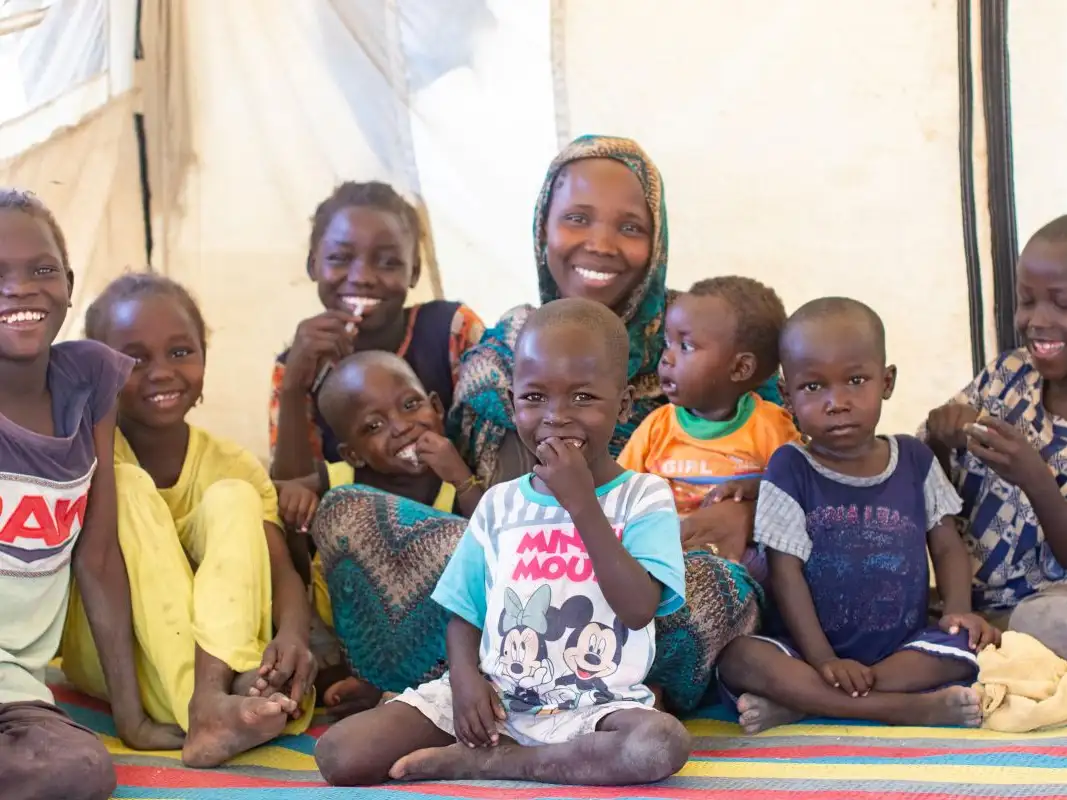
CAFOD’s support wasn’t just about provisions; it was about listening, responding and restoring dignity. Hygiene awareness messages were designed and delivered with the community to help prevent disease outbreaks. Local volunteers, some from among the displaced people, stepped forward to help care for their neighbours. The improvised settlement began to transform into a community space, where people could live in more dignified conditions.
Today, the displaced families carry the pain of being far from home, but they also embrace the hope of resilience. At a time when many felt abandoned, CAFOD and our partners’ presence has reminded them that the world has not forgotten Sudan.
To all humanitarian workers – thank you
Peace to me is not an abstract word. Peace is a mother able to give birth without fear. Peace is a girl going to school instead of a child marriage. Peace is the right to rest, rebuild, and feel safe in your own home.
As someone who has lived through this war and continues to serve, I believe peace must be built from the ground up with community voices, with local leadership, and with long-term support for protection, health and justice.
Being part of CAFOD has shown me what true accompaniment looks like. We don’t just deliver aid, we restore dignity, we stand with people, and we help them carry their hope. That is the kind of humanitarianism I believe in.
So when I say thank you to my fellow humanitarians, I say it with my whole heart. Thank you for choosing love in a time of violence. Thank you for staying, serving and believing. Your work is not just service, it’s survival for others.
Tuesday 19 August is recognised internationally as World Humanitarian Day, a day when we give thanks to those who dedicate their lives – and often risk it all – to get help to people in times of crisis.
How can I respond to the crisis in Sudan?
We’re urging the Foreign Secretary to take action to end the suffering in Sudan.
We ask the Lord to open the paths of peace as we pray for the people of Sudan who are facing conflict and hunger.
Hold a collection or fundraiser in your parish to get urgent support to families affected by the crisis in Sudan.
Raise money in your school to support our global neighbours in Sudan.
Set up a fundraising page on JustGiving to raise money for the Sudan Crisis Appeal.


